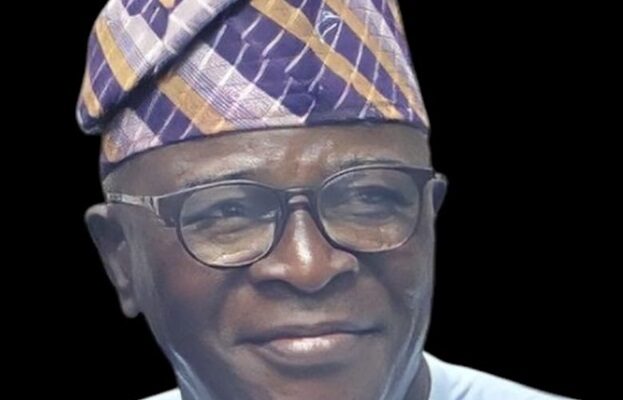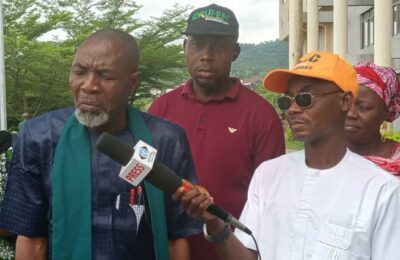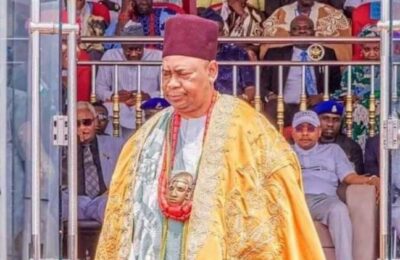By Musa Bakare.
By 2031, at the end of President Tinubu’s eight years of transformation and reform, Nigeria will not merely be a country with untapped potential. It will be a nation that has mastered the art of turning potential into prosperity.
Under President Bola Ahmed Tinubu’s purposeful leadership and bold reforms, the country will stand stronger in its economy, more confident in its institutions, more inclusive in its development, and more united in its purpose.
The story of these eight years will not be one of cosmetic adjustments but of deep structural surgery. It will be remembered as the time Nigeria turned from waste, corruption, and dependence toward productivity, innovation, and accountability. The reforms, though painful at the outset, will heal the nation in the long run.
After President Tinubu eight years tenure, Nigeria’s economy will rest on firmer foundations,fuel subsidy fraud will be a closed chapter, exchange rate distortions will have been corrected, ushering in transparency and predictability for both local entrepreneurs and global investors.
Growth rates of 6–7% annually will be the norm, driven by manufacturing, agriculture, ICT, solid minerals, services, and a revitalized steel sector.
Millions of jobs will have been created in agro processing, construction, energy, ICT, and transport. Families once battered by unemployment will feel a surge of dignity, with rising incomes and wider opportunities.
Nigeria’s physical landscape will bear the imprint of reform. The Lagos–Calabar Coastal Highway will stand as a continental marvel. Rail lines will link regions, binding the federation into a single connected economy.
Electric power generation and distribution will have undergone revival, powering homes, industries, and digital innovation. Efficient ports, modern hospitals, revitalized schools, clean water, and affordable housing will no longer be campaign slogans but everyday realities.
Poverty will have receded as targeted social programs and empowerment initiatives reach both urban and rural populations. Farmers, traders, and students alike will benefit from inclusive growth policies.
Education reforms will arm young Nigerians with modern skills, while healthcare reforms will protect families from crippling medical costs. Technology driven governance will make services faster, cheaper, and more transparent, while corruption will be treated not as the cost of doing business, but as a crime punished without fear or favour. Above all, optimism will replace despair as the defining national mood.
Nigeria’s governance architecture will also be reshaped. Institutions once weakened by politics will stand firm and independent, defending justice, enforcing contracts, and protecting citizens’ rights. Anti corruption agencies will gain respect for fairness and effectiveness.
A rebalanced federal system will empower states and local governments with greater fiscal autonomy, turning them into true engines of development. Nigerians will feel responsive governance closer to their communities, ensuring accountability and inclusiveness.
Nigeria will reclaim its rightful place as Africa’s leader and a respected global player. With a diversified economy, skilled youth population, and credible institutions, the country will attract investments, build strategic alliances, and inspire the continent.
Historians will not only chronicle reforms; they will narrate the rebirth of a nation.Asiwaju Tinubu’s presidency will be remembered as the era Nigeria crossed from fragility to resilience, from despair to hope, from wasted potential to realized greatness.
– Musa Asiru Bakare is a political analyst and member of the All Progressives Congress (APC). He writes from Lokoja, Kogi State.




